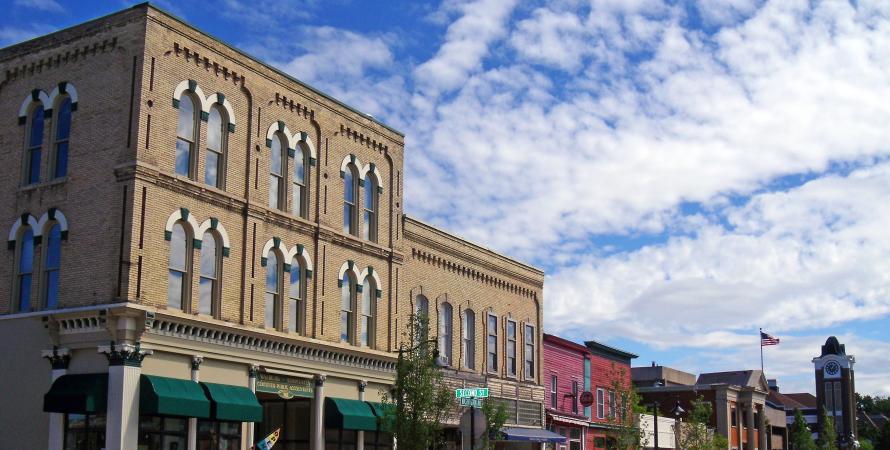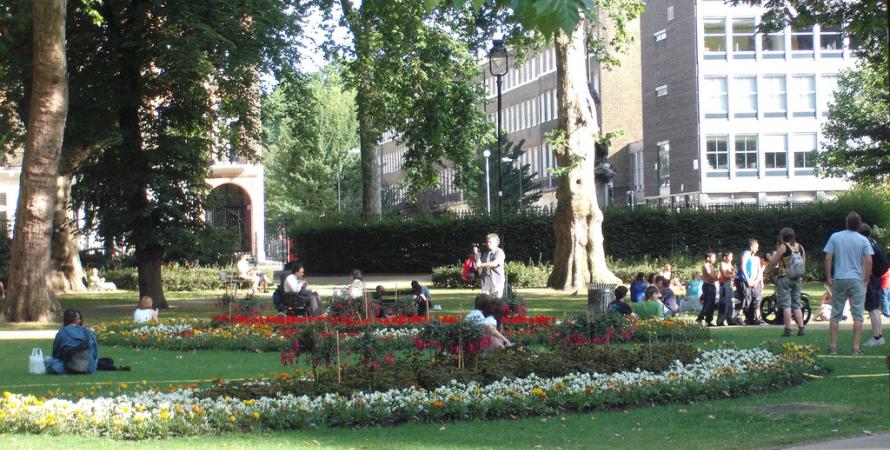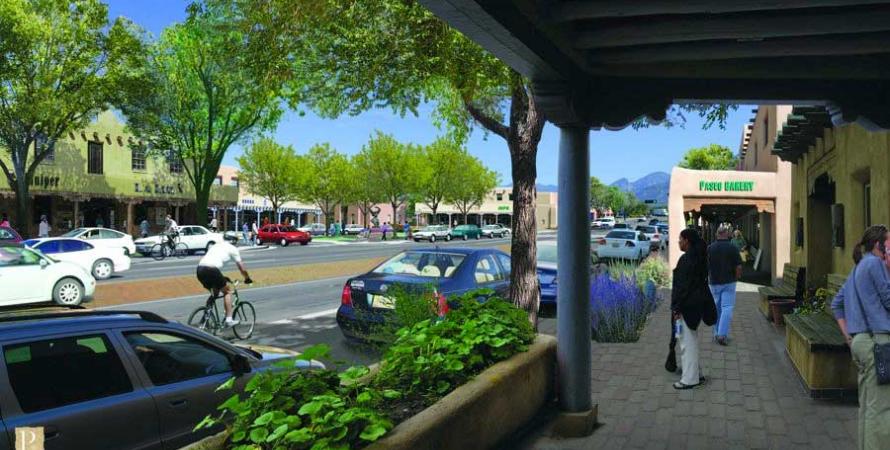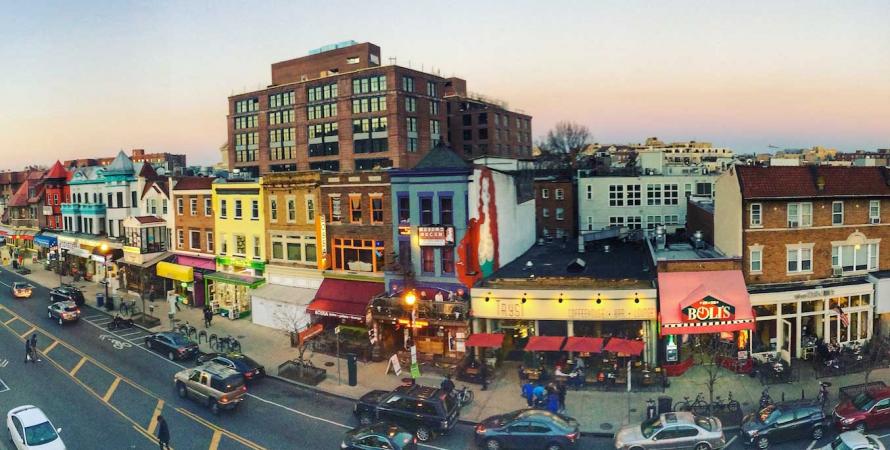-

A new path to code reform
The Users' Guide to Code Reform leads planners through the code reform process, providing tools for governments lacking the capacity to develop a full form-based code.The Project for Code Reform is one of the most important efforts we’ve had the privilege of contributing to in the last decade. We’ve spent most of our professional efforts crafting Form-Based Codes (FBC) for local governments, and while we still feel that is the zoning gold standard for...Read more -

Seven key concepts to teach form-based planning
These items are the sum of innovations by colleagues and reinforce practices that have successfully entered the mainstream.Having taught form-based planning and zoning academically and professionally over the past ten years , there are a few key concepts I make it a point to teach to my students. In many cases, these are holes that a traditional planning education does not fill; in other cases, these items are the sum...Read more -

Great idea: Form-based codes
New urban codes have allowed cities and towns to code for complete neighborhoods and public spaces as shared-use places.In celebration of the CNU 25 , Public Square is running the series 25 Great Ideas of the New Urbanism. These ideas have been shaped by new urbanists and continue to influence cities, towns, and suburbs. The series is meant to inspire and challenge those working toward complete communities in the...Read more -

How can we accelerate local code reform? Act more like the Tortoise, less like the Hare
The goal of CNU's Project for Code Reform is to bring coding innovations to 42,000 units of local government to enable complete communities.Across the country, many small and mid-sized cities and towns are looking for ways to foster greater Main Street and downtown development, redevelopment, and revitalization. One barrier to these efforts is local codes and ordinances, which are the very DNA of what makes—or breaks—a place. Zoning,...Read more